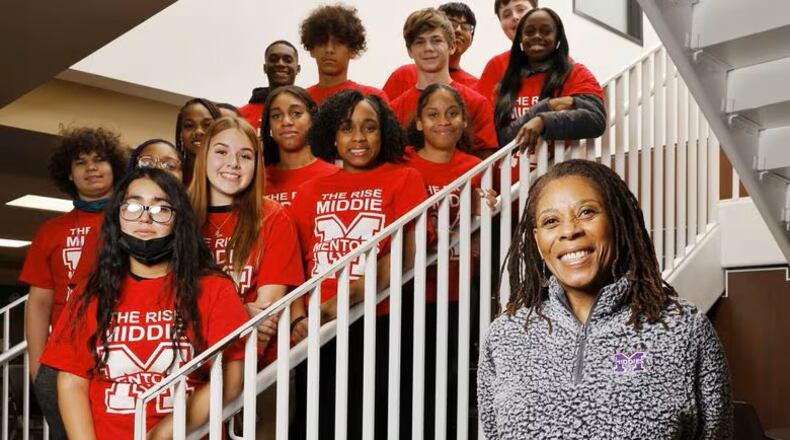Earlier this year, Trump’s administration proposed getting rid of the 21st Century Community funds from next year’s budget. The administration also withheld 21st CCLC federal funds for 18 days in July, eventually releasing them to local providers.
But the Boys and Girls Club of Ohio as well as the Community Building Institute in Middletown both say the pause made them realize how fragile federal funding can be.
Adam Shank, the CEO of the Boys and Girls Club of Ohio, said the short-term pause on the funding in July did not impact the organization much. But he said long-term, the provider may lean more on state and local dollars to fund after-school homework help for Ohio’s kids.
“However, what is not being talked about is that, despite these funds being released, the federal government ended this multi-decade bipartisan program despite its tremendous outcomes,” Shank said. “Basically, while recipients got the money they were promised, there won’t be anymore in the future.”
Shank said the Boys and Girls Club had diversified funds, meaning many clubs pull from multiple sources of funding. But the loss of federal funds will pose challenges for about 10% of club sites in the state, he said. Overall and specifically in the region, the Boys and Girls Clubs should be able to weather that storm, he said.
“That being said, with the federal government abandoning these impactful programs, it will be up to the state and local communities to invest in the work that Ohio youth, schools, law enforcement, and employers depend on going forward,” Shank said.
Verlena Stewart, the executive director of Community Building Institute Middletown Inc., said the organization realized last year that it would not be able to sustain the amount of federal funding it had. CBI previously ran on nearly 75% funding from the federal government, Stewart said, which she added is not advised. The organization is working on phasing out its current grants while still offering the services required by those agreements.
But this summer’s volatility made it clear that federal funds are not as consistent and stable as previously thought and accelerated the timeline for the organization to move away from federal funding.
Middletown provided $60,000 for CBI to continue its programming through the end of July while the federal funds were frozen.
“What the pause did was show there’s no guarantee if those funds will be there or not,” Stewart said.
Other organizations said they do not use federal funding and will not be impacted. Josh Sullenberger, senior vice president of the YMCA of Greater Dayton, said the organization uses state funds for programming, and those have been steady and reliable. Previously, the organization had some grants through the 21st Century funding, which have not been renewed .
About the Author

